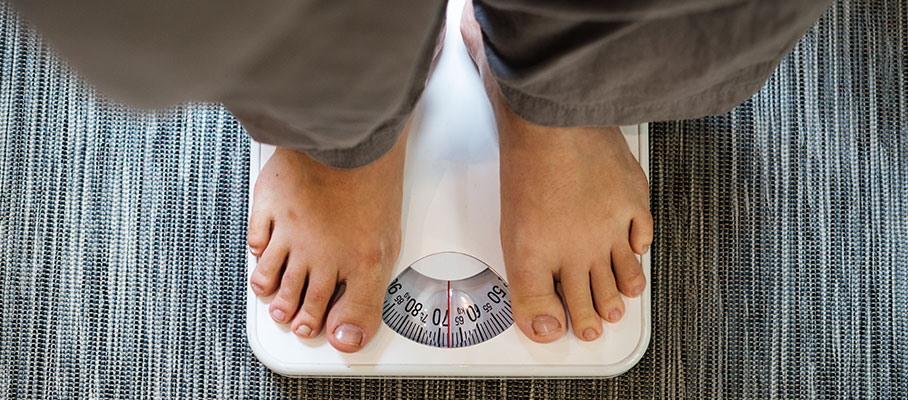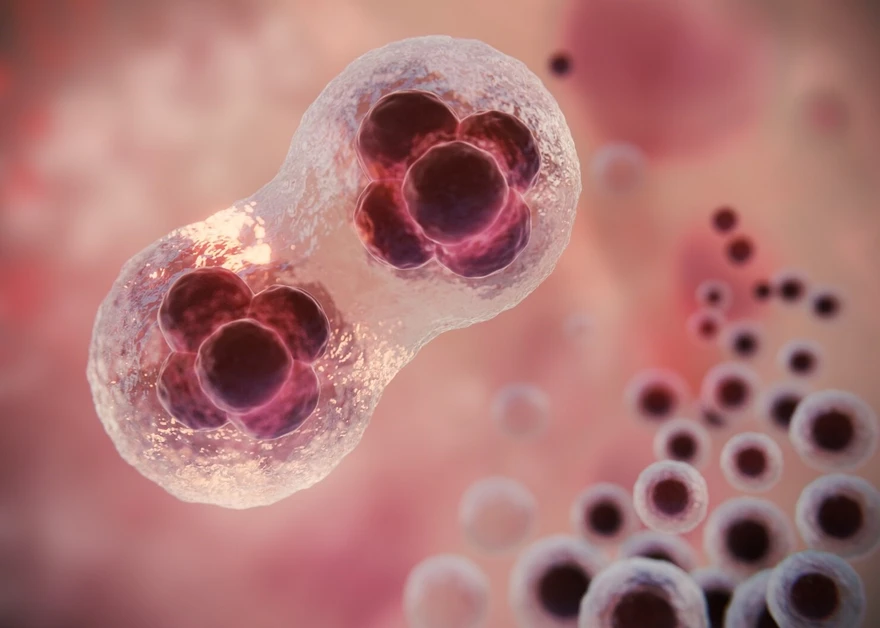Lifestyle
Is Losing Weight Fast Healthy? Know The Weight Loss Facts
3955 Views
0

It is natural and alluring for an individual to lose excess weight in the shortest time possible. However, rapid weight loss has been associated with multiple adverse effects and its beneficial effects are incomparable in contrast to slow weight loss.
Evidence suggests that greater reduction of waist circumference, hip circumference, and fat mass are seen in persons who shed their weight slowly whereas the person who reduces weight rapidly shows a significant reduction of water content and lean tissue of the body.
The main concern with losing weight rapidly is that it takes extraordinary efforts in diet and exercise that could be unhealthy and cannot be maintained as permanent lifestyle changes. The usual recommendation of healthy weight loss suggests a weight loss of one to two pounds a week. One pound or 0.45 kilogram of body fat might contain around 3,500 calories.1 So to lose one pound a week, you roughly need to burn 500 more calories than you eat each day.
Planning to start your weight loss journey? The first step should be to get your health analysis done to know what might be causing you to put on weight. Book here.
Although this approach has a slow pace, it is more likely to help an individual to maintain weight loss for the long term. Healthy weight loss does not just include a diet or weight loss program, it is about lifestyle modifications consisting of long-term changes in daily eating and exercise habits.
Here are few health risks related to rapid weight loss:
- Nutritional deficiencies
Extreme calorie restriction can cause nutritional deficiencies as it can be hard to get adequate essential nutrients like iron, folate, and vitamin B12 on a low-calorie diet. This malnutrition can have several consequences including anemia, hair loss, brittle nail, decreased energy, fatigue, weakened immune system which in turn, increases the risk of infections, etc.
Nutritional deficiencies can be avoided by consuming a diet rich in whole, unprocessed foods that contain fewer calories and are also quite filling, which may ultimately help you lose weight.
Following a strict diet to lose weight? Keep an eye on your iron and vitamin B12 numbers.
- Loss of muscle mass
Losing weight does not necessarily mean losing fat. It has been reported that calorie-restrictive diets may cause the body to break down the muscle for energy and fuel instead of adipose tissues.
This has been validated by a study that included two groups; one had 25 people who were administered a very low-calorie diet of 500 calories per day for 5 weeks and another group consisted of 22 people who were fed a low-calorie diet of 1,250 calories per day for 12 weeks. The results of this study concluded that both groups had lost comparable amounts of weight, but, the people who were put on a very low-calorie diet lost six times the muscle mass than those on the low-calorie diet.2
Additionally, loss of muscle mass also results in lowering of metabolism as muscle is more metabolically active in contrast to fat.
- Lowering of metabolism
Rapid loss of weight caused due to extreme caloric restriction may slow down your metabolism. Your metabolism measures the number of calories you burn each day and a slower metabolism results in the burning of fewer calories per day. There is substantial evidence suggesting that losing weight fast achieved by eating fewer calories may cause you to burn up to 23% fewer calories per day.3
The two underlying causes responsible for the lowering of metabolism are a very low-calorie diet leading to loss of muscle, and a fall in hormones that regulates metabolism, such as thyroid hormone.
Moreover, in conditions where your body goes into starvation mode, the metabolism gets slow down to help you conserve energy and your body will try to conserve more fat. This drop in metabolism even can last long after you finish calorie restriction.
- Onset of dehydration
The weight loss seems to be faster in the first two weeks due to significant loss of water weight. This is more common in individuals on low-carb or no-carb diets. This is also considered to be one of the chief reasons that cause remarkable quick weight loss in some popular diet patterns.
Nevertheless, rapid water loss can result in dehydration and other side effects such as constipation, headache, muscle cramps, and low energy.
- Psychological effects
Researches revealed that losing weight very quickly can also cause psychological consequences. Mental health may suffer if an individual does not accept his new body shape and weight.
Moreover, leptin, a hormone regulating hunger and satiety becomes imbalanced in a person who is on a low-calorie diet. Usually, when leptin levels are normal, it signals your brain when your body has adequate fat, and you are full. However, in imbalanced concentrations, leptin can lead to obsession with the food, which can make you hungry, resulting in binge eating, which can ultimately add more fat.
Apart from these, other quick weight loss in an unhealthy way can give you electrolyte imbalances, headaches, irritability, fatigue, constipation, and even hair loss.
Try to avoid being drawn to the false appeal of advertisements promising fast weight loss, seeking professional help from an expert doctor and dietician can help you lose weight efficiently and safely.













1701259759.webp)









 WhatsApp
WhatsApp